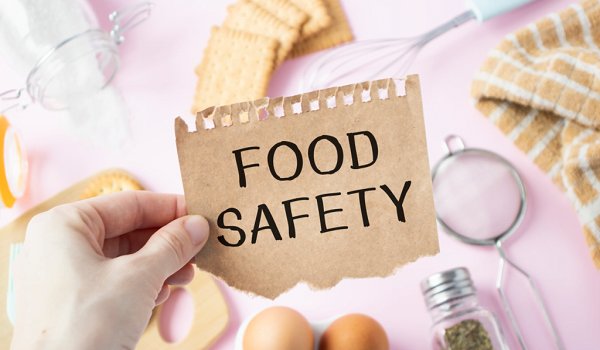Food Safety and Standards Authority of India (FSSAI) needs an urgent collaborative approach to food safety that extends beyond mere regulation. Let’s check the time line on the developments of FSSAI and its policies.
2011-2018: Laying the Foundation
This period marked the establishment of a robust food safety framework in India, initiated by the passage of the Food Safety and Standards Act in 2006. During this time, key developments included the introduction of food safety management systems (FSMS), the training of food handlers, and the launch of hygiene rating systems and mobile food labs.
2019-2024: Emphasizing Compliance and Testing
The focus shifted towards compliance and the establishment of high-quality food testing laboratories. Notably, the private sector played a pivotal role in supporting food safety audits and training, thereby enhancing India’s commitment to food safety on a global scale. Technological advancements were made to improve licensing, registration, and enforcement of compliance throughout the food chain. Initiatives were also implemented to assist small food businesses in improving hygiene standards through training and certification.
2025-2030: Embedding Food Safety in Daily Life
Looking ahead, there is a need for embedding food safety into everyday practices, especially among small businesses in the informal sector. He highlighted that merely emphasizing compliance could burden businesses and potentially encourage corrupt practices. A culture of food safety must be cultivated, promoting consistent discipline at every stage of the food supply chain, from production to consumption.
Food safety should not be equated solely with the number of government food testing labs; rather, it should encompass a broader spectrum, including sourcing, handling, hygiene practices, and the skills of food handlers. While there may be gaps in some states, the combined capacity of both government and private food testing labs is sufficient to uphold safety standards.
Public-Private Partnerships
Recognizing the challenges of effectively running public food testing labs, there should be public-private partnership (PPP) models to manage these facilities. He emphasized the importance of strategic surveillance, third-party monitoring, and enhancing risk communication to educate the public about food safety risks.
A Call for Collaboration
The future of food safety in India requires active collaboration between regulators, the food industry, and the public. Harnessing the potential of India’s evolving private food safety ecosystem will be crucial. The stakeholders need to foster a culture where food safety is seen as a shared responsibility, integrated into daily habits and practices. Safe food should not be viewed merely as a regulatory obligation but rather as a fundamental mindset ingrained in society for the benefit of current and future generations.


